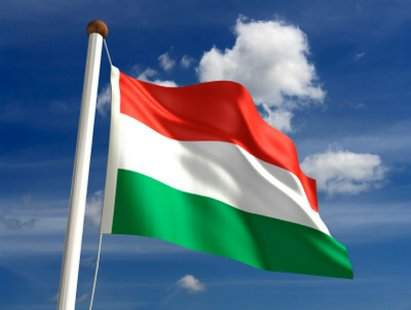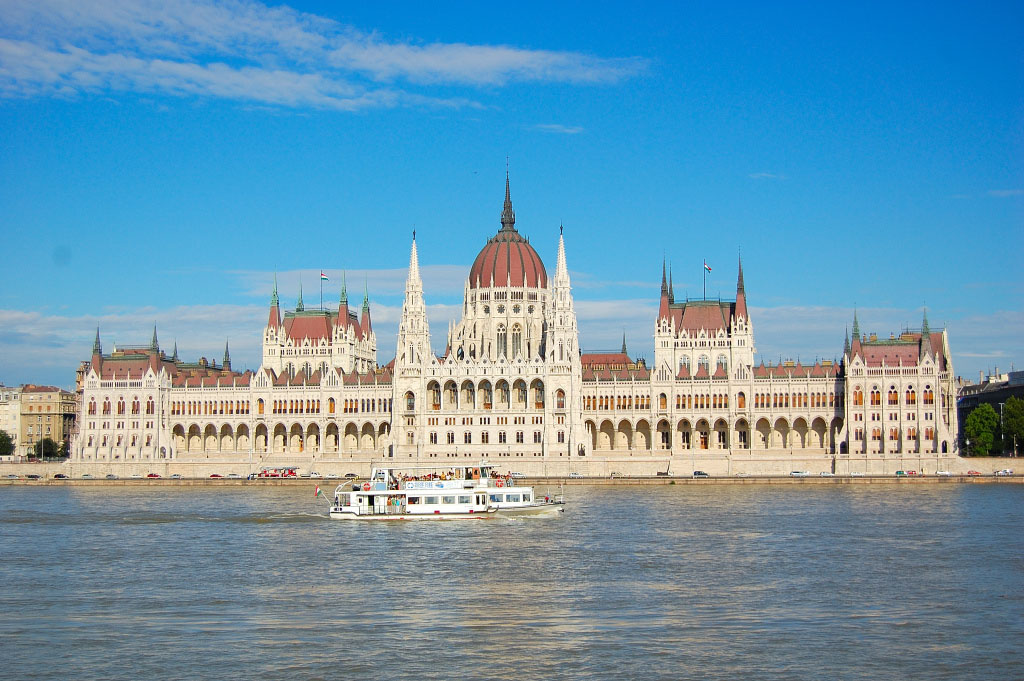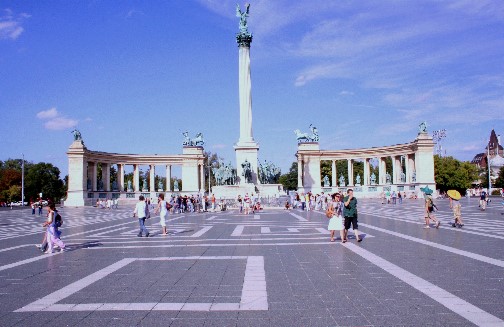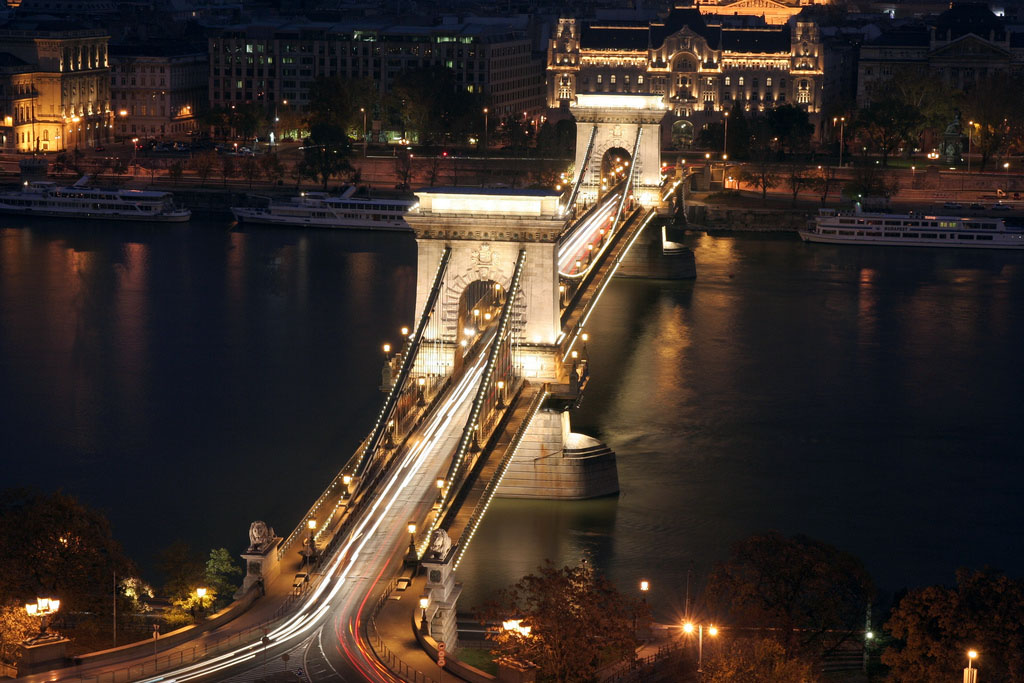This country is situated in the center of the
continent of Europe. It is Europe’s eastern part. This is the Carpathian Basin.
Visitors already founded a Hungarian State one thousand years ago.The country
occupies a territory of about 93 000 square kilometers. Longest distance from
north to south is 268 km. Longest distance from east to west is 526 km.
Most of the country is flat. The hills in the western
part of the country lead to the Alps, while higher hills lying to the northeast
are part of the Carpathian Alps. The biggest river is the Danube; the highest
point in Hungary is a peak in the Mátra Mountains called Kékestető. Lake
Balaton is the largest lake in Central Europe; it’s a popular holiday resort
with Hungarians and other Europeans alike.
The climate of Hungary is temperate, with distinct
seasons.
Our flag is red white and green horizontal.

Population:
It has quite a small population, just 10 million, and
the country is small too.
63 % of the population lives in towns.
It has more ethnic groups: Hungarian, Roma, German,
Serb, Slovak and Romanian.
The official language of Hungary is Hungarian, but
quite a few other languages are spoken. These are German and the Slavonic
languages.
Climate:
The climate is temperate continental. The coldest
month is January, and the warmest month is August. The winters are cold and cloudy, and
the summers are warm and hot.
Government:
This country name is Republic of Hungary.
The government type is parliamentary democracy.
Famous:
It is famous for embroidery of Matyó, red pepper,
Hortobágy and its cuisine etc.
Hungary has a lively cultural life. There are a lot of
popular cultural events. A lot of tourists go to us to see the open-air summer
festivals. These festivals are held in different towns, such as Szeged, Sopron
and Szentendre.


Budapest is Hungary’s capital city and also the
largest city in Hungary. Budapest is the political, cultural, commercial and industrial
centre of the country. The population
exceeds the 1.5 million, thus it is the most populous city. Budapest’s area is
525, 14 square kilometres.
It was originally a Celtic settlement. Hungarians just
came to this area in the 9th century. In the 15th century Budapest
became a centre of the Renaissance. In 1873 joined Buda, Pest and Óbuda, thus
was born the name used today “Budapest”. The most famous buildings were built
at this time.
In Budapest there are lot of World Heritages, like the
view of Danube, the Buda Castle, the Andrássy Road, Hero’s Square, the 1 Metro
line, which is the oldest metro line in the World. The thermal baths in
Budapest are world-renowned because Budapest is the only capital city in the
world with thermal baths. Budapest is the home of the biggest thermal water
cave system, furthermore the largest synagogue in Europe, just as the
Parliament, which is the third biggest parliament in the World, is the home of
the Holy Crown.

Other popular attractions:
Museum
of Fine Arts: Collections
of European art insights into every era, like: Raffaello, Leonardo, Rembrandt
and Monet.
St.
Stephen Basil: One of
the most important religious buildings Hungary, the building is named after the
founder of the Hungarian state, St. Stephen.
Matthias
Church: The Matthias
Church or Main Coronation Church can be found in the 1. district, standing on Holy
Trinity Square, a large church building with a long history.
Hungarian
National Museum: It shows
the relics of Hungarian history. The museum’s founder was Ferenc Széchenyi.
Fisherman’s
Bastion: One of the most
historic buildings in Budapest, located in the Buda Castle.
Chain
Bridge: The oldest,
best known bridge which connects Buda and Pest. It is one of the symbols of
Hungary, also the first bridge across the Danube.
Buda Castle: One of the main cultural and tourist centers of
Budapest, it was also a royal place. Since 1987 it’s the member of the World
Heritage List.
National
Theatre: The theatre
started his function in 1837. The new National Theatre, on the bank of Danube,
was opened in 2002. The theatre became a national symbol.


Made By: Barbara Kerepeszki and Zsófia Tálas
Nincsenek megjegyzések:
Megjegyzés küldése